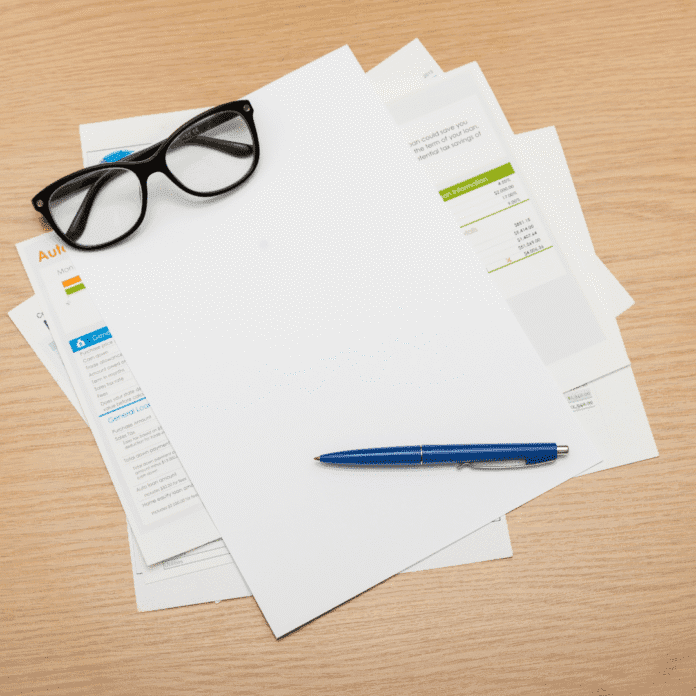Already Have a Masterlist, So Why Is My Cargo Still Stuck at the Port?
When a Masterlist Is No Longer a Guarantee for Smooth Imports
Many importers feel secure once they obtain a masterlist from BKPM or the Ministry of Investment.
The logic seems simple: if import duties and VAT are exempted, imports should go smoothly.
However, since the government enacted the new Trade Minister Regulations (Permendag) No. 16–24 of 2025 effective August 29, 2025, that assumption no longer holds true.
A Masterlist Covers Fiscal Policy, Not Import Regulation
The masterlist is a fiscal facility — exemption or suspension of import duties and taxes for capital goods, spare parts, or raw materials for investment projects.
But it does not exempt importers from trade compliance obligations such as the Import Approval (PI) and Surveyor Report (LS).
Many companies only discover this when their cargo is held at the port, even though their masterlist is approved by BKPM.
The issue isn’t fiscal — it’s the missing import permits from the Ministry of Trade.
The 2025 Trade Regulation Package Changes the Game
The government issued nine new regulations replacing Permendag 36/2023.
Among them, Permendag No. 22/2025 regulates specific industrial goods, including:
-
Steel and iron
-
Industrial tires
-
Valves and pipes
-
Ceramics, flat glass, and safety glass
-
Downstream plastic products and specific chemicals
-
Industrial tools and spare parts
These are now restricted imports, requiring PI and LS before entering Indonesia’s Customs Territory (DPIL).
Thus, even if your spare parts are listed in a masterlist and exempt from duties, if their HS Codes appear on the restricted list, a PI is still required.
A Common Scenario
Imagine an industrial components factory expanding production capacity.
It holds a masterlist for importing spare parts and maintenance tools from China and Japan.
When the vessel arrives, the INSW system rejects the Import Declaration (PIB) because the HS Code is listed under Permendag 22/2025 as a restricted import.
Consequences:
-
Cargo detained for weeks at port
-
Urgent PI application required
-
Extra costs for demurrage, storage, and delayed production
-
Duty exemption savings wiped out by additional operational costs
All this happens not because of the masterlist, but due to the lack of import permits.
Why the Government Tightened Controls
The 2025 regulatory package aims to strengthen oversight of industrial imports and align with import-substitution programs.
Previously, many spare parts and tools entered under investment facilities without trade verification.
Now, the government wants to:
-
Ensure imported goods are truly needed for approved projects
-
Prevent misuse of investment facilities for general trade
-
Enhance traceability of import data in INSW and OSS systems
Hence, even duty-free goods like industrial tools still require PI and LS.
Limited Exceptions in Bonded Zones or PLB
Some importers try importing via Bonded Zones (TPB) or Bonded Logistics Centers (PLB) for flexibility.
Indeed, Permendag 22/2025 allows that as long as goods remain inside the bonded area or PLB, PI and LS are not yet required.
But once goods enter the domestic market, all import rules apply in full.
Therefore, PLB is a temporary buffer, not an exemption from PI.
Safe Steps for Masterlist Users
To avoid “cargo stuck at port” scenarios:
-
Check Your HS Code – Match it against Permendag 16–24/2025, especially 22/2025.
-
Coordinate Fiscal & Trade Teams – Ensure both duty exemptions and PI processes are managed together.
-
Apply Early via OSS/INATRADE – Submit PI before shipment; the system integrates with INSW for validation.
-
Use PLB as a Buffer – Store shipments while waiting for PI approval to avoid port congestion.
-
Monitor HS Code Updates – The 2025 cluster system allows dynamic revisions; stay updated.
Conclusion: 0% Import Duty ≠ 0% Risk
While the masterlist reduces fiscal burden, it does not replace trade compliance.
The distinction is clear:
-
Masterlist = Fiscal facility (duty & tax)
-
PI & LS = Import control instruments (permit & verification)
These two systems operate in parallel, not interchangeably.
Post–Permendag 16–24/2025, every importer — even those under investment schemes — must comply with PI and LS requirements.
So, if your goods are stuck despite having a masterlist, the answer is simple:
➡️ Your import permit isn’t complete.
